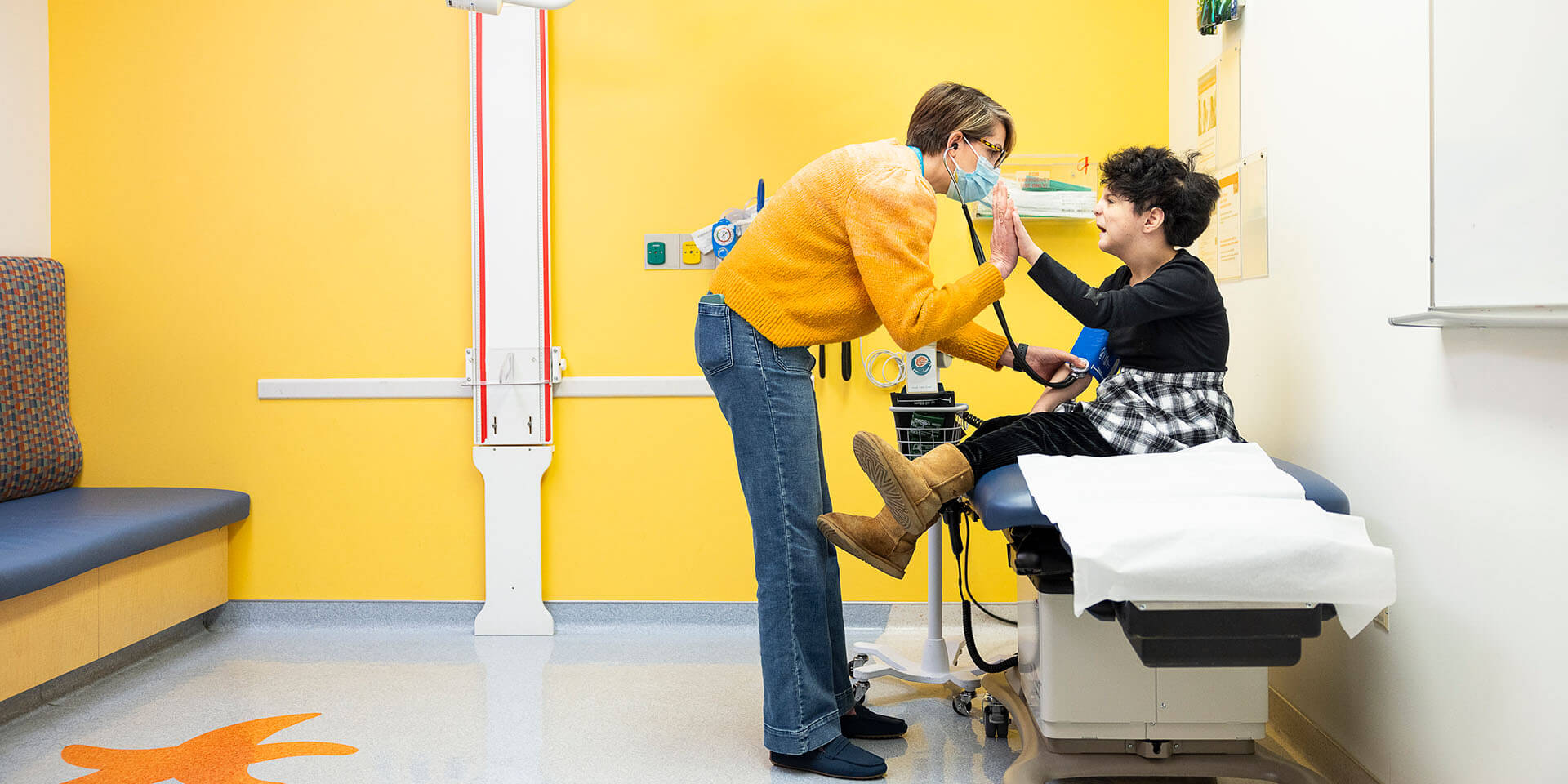
Seattle Children’s Kidney Transplant Program
Contact the Kidney Transplant Program
Compassionate Care, Transformational Outcomes
For children with kidney failure, Seattle Children’s provides state-of-the-art care before, during and after kidney transplant. We have the only pediatric-focused kidney transplant program in the Pacific Northwest and are consistently one of the top programs by volume in the United States.
Why Choose Seattle Children’s Kidney Transplant Program
Seattle Children’s kidney transplant patient outcomes are among the best in the nation.
Our Kidney Transplant Services

Seattle Children's is 1 of the top 5 kidney transplant centers by volume in the United States, with excellent clinical outcomes. U.S. News & World Report has recognized Seattle Children’s as one of the top 10 best children’s hospitals in the U.S. and the best in the Pacific Northwest.
Our program has been named a Center of Excellence by Optum’s Clinical Sciences Institute and a Program of Excellence by Cigna LifeSOURCE.
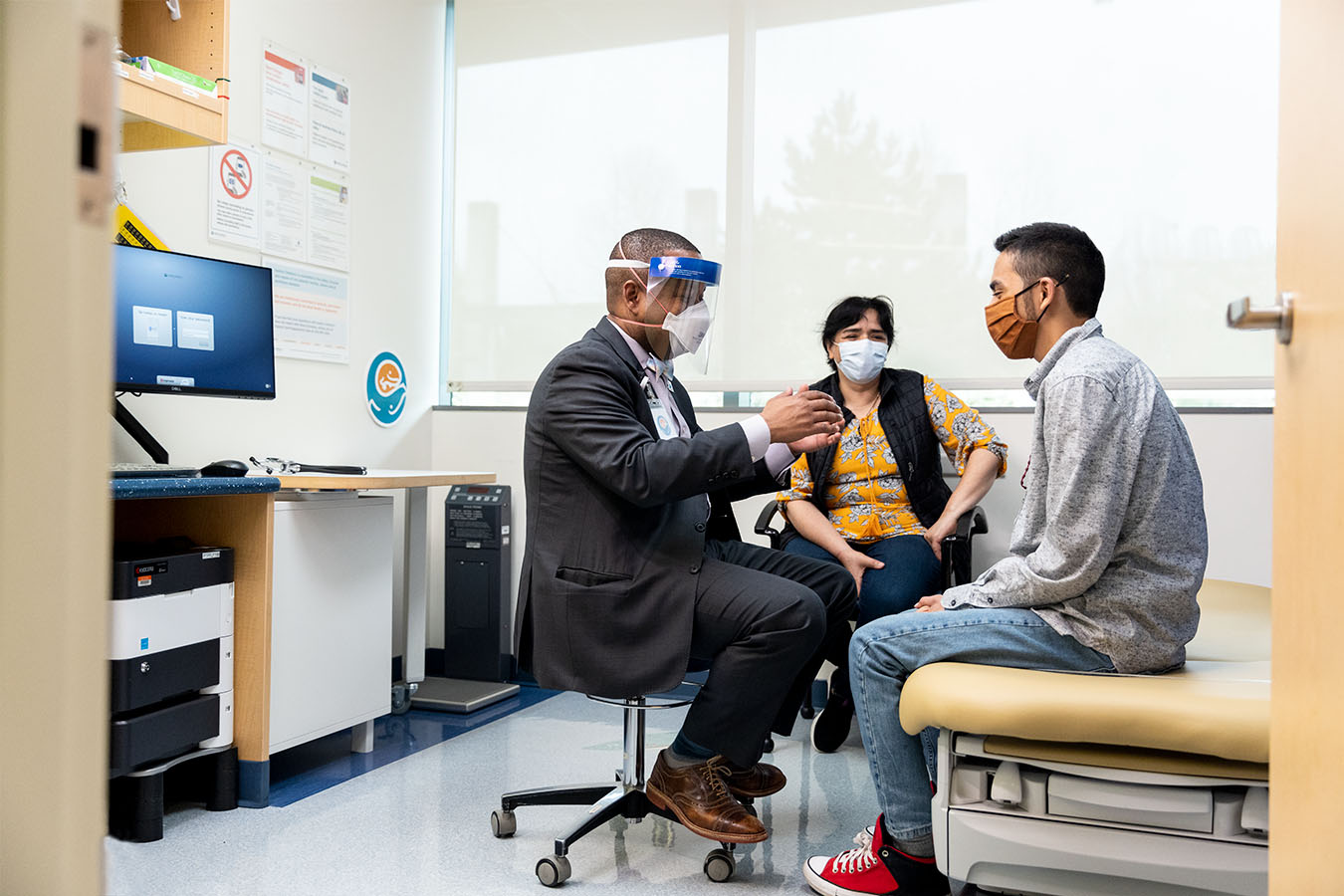
Kidney Transplant Therapies and Clinical Trials
Transplanting organs in children is a relatively new field that is always changing. At Seattle Children’s, your child will have access to the most current, state-of-the-art kidney transplant therapies and clinical trials.
Our transplant doctors are constantly improving surgery techniques and immunosuppression strategies to provide patients and families with the latest treatments and the best care in pediatric nephrology.
Learn more about our kidney transplant research and clinical trials.
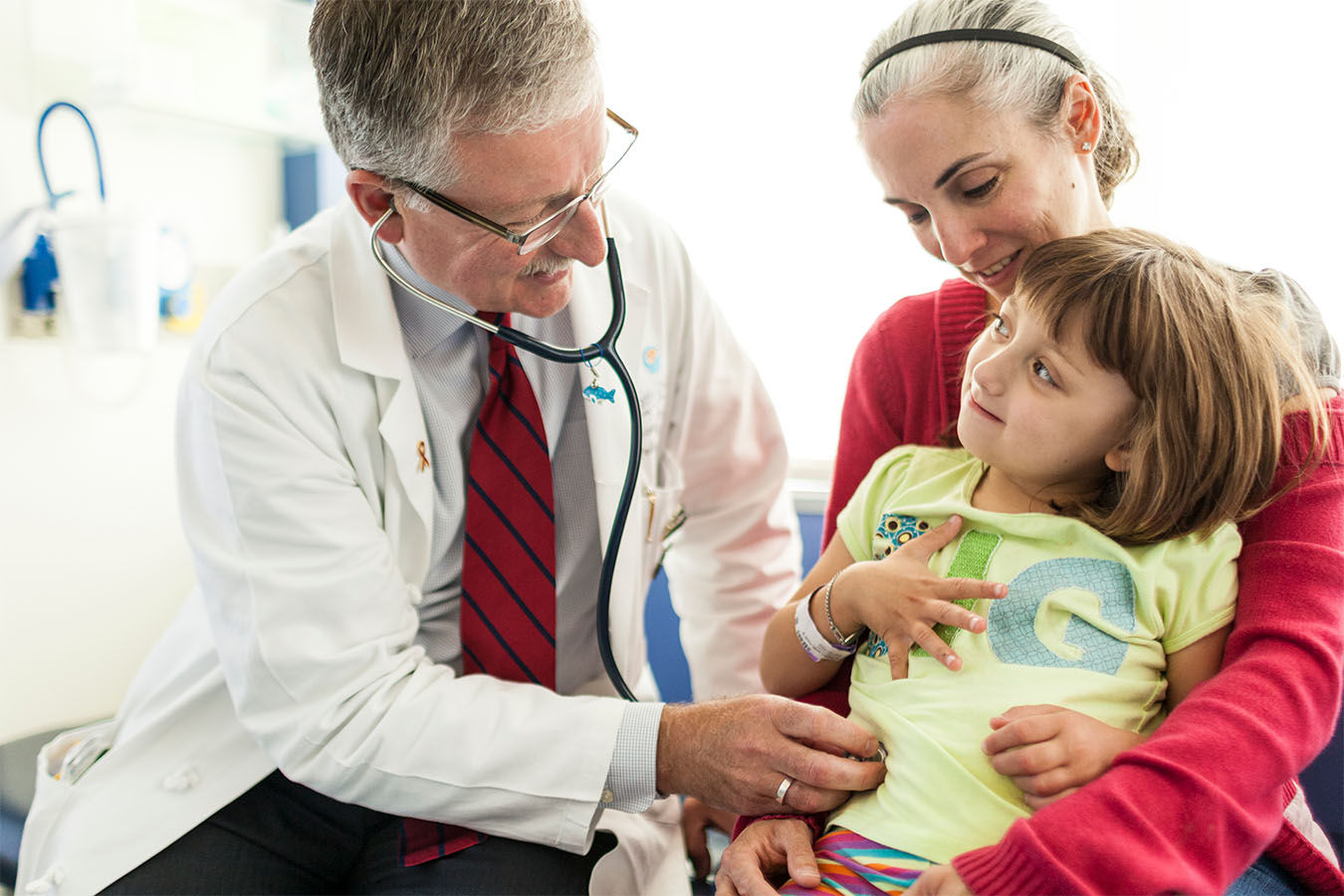
Pediatric Dialysis and Apheresis
We also have inpatient and outpatient pediatric dialysis services available. Dialysis is a way to remove waste (such as nitrogen and creatinine) and excess fluid from the blood when the kidneys are not able to function on their own, either before the transplant or until the new kidney is fully working.
Seattle Children’s offers the only pediatric apheresis service in Washington. By non-surgically “cleaning” your child’s blood, apheresis can help improve the long-term success of your child’s kidney transplant.
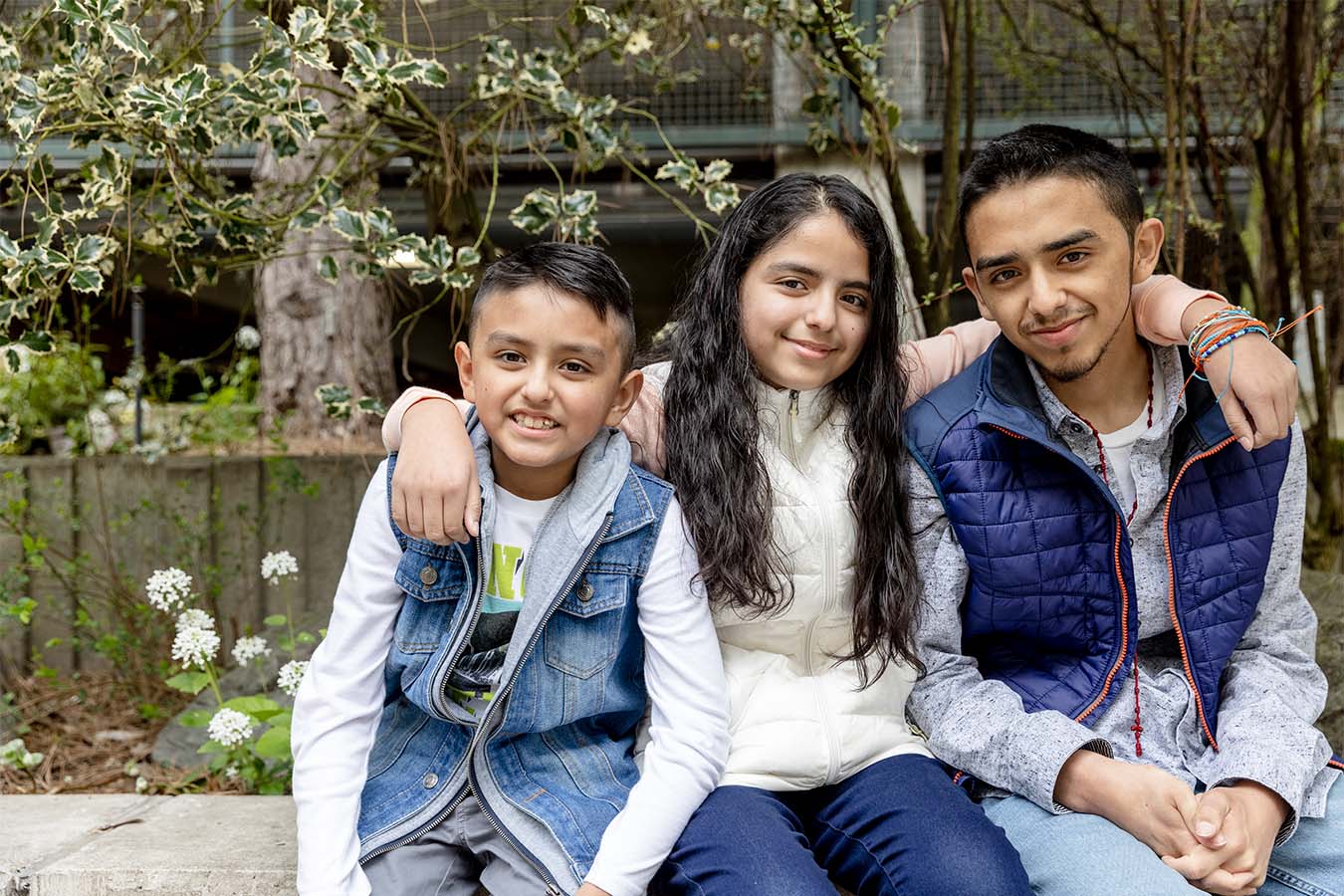
Kidney Organ Donation, Including Living Donors
Because Seattle Children’s provides specialty care across the 6-state region of Washington, Oregon, Alaska, Montana, Idaho and Hawaii, we are uniquely positioned to search for viable organs in a wider geographic area than that of many other children’s hospitals.
The body needs only 1 kidney to filter blood, so a healthy person can donate 1 of their 2 kidneys and lead a normal life. More than half of our patients receive a living donor transplant.
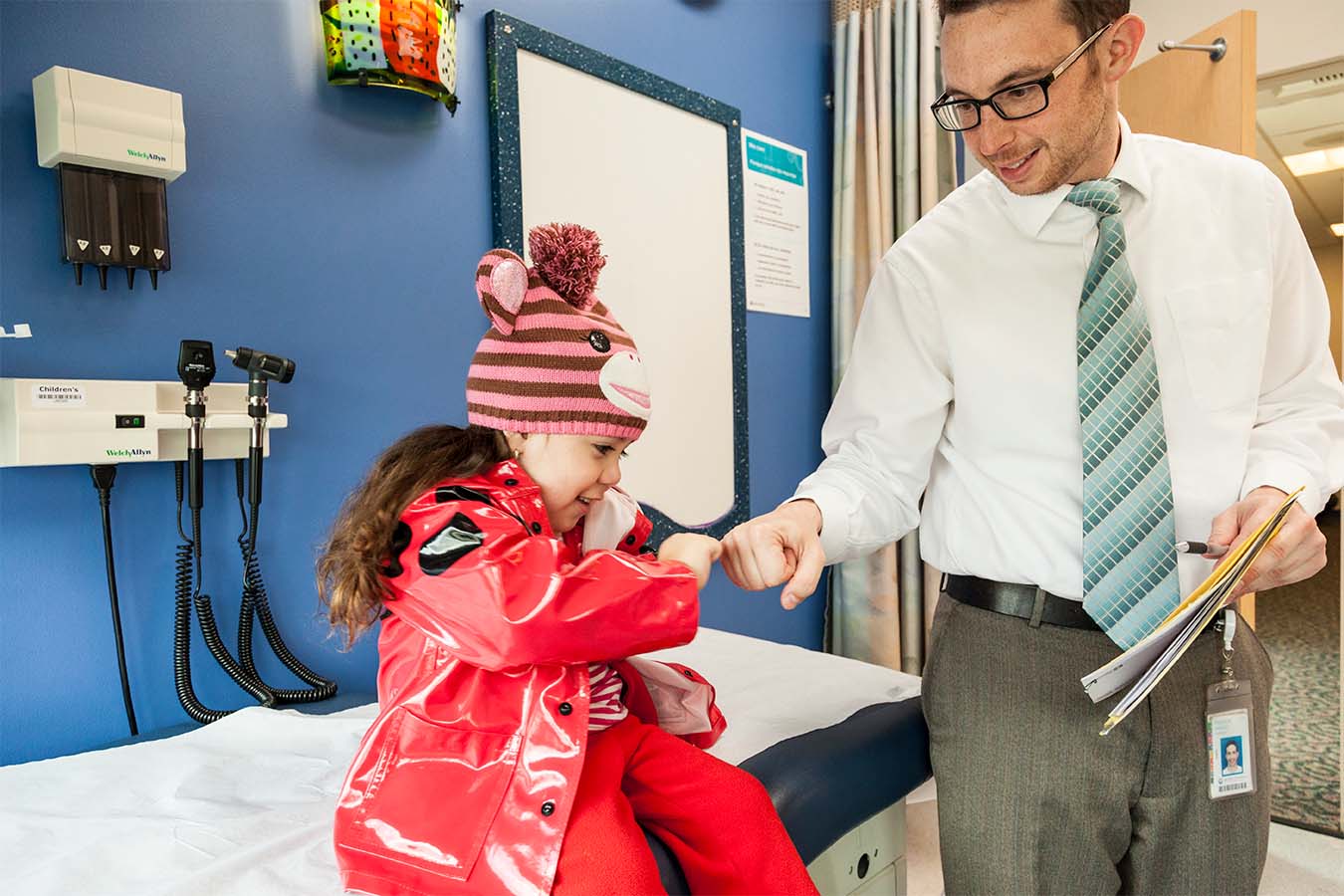
We Never Forget Our Patients Are Still Kids
Our goal is for your child to live their best life possible. That’s why we provide holistic care, coordinated by your child’s transplant nurse, and including a dietitian, pharmacist, social worker and Child Life specialist, among others.
Learn what to expect if your child needs a kidney transplant.
Meet Your Kidney Transplant Team
Our kidney transplant doctors are constantly improving surgery techniques and immunosuppression strategies to provide patients and families with the most current treatments and the best care in pediatric nephrology.




Andre A S Dick, MD, MPH
Senior Vice President and Surgeon-in-Chief; Surgical Director, Kidney Transplant
View Profile





Kelsey Paige Pearson, PA-C
View Profile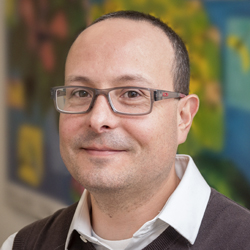

Roberto Gordillo Perez, MD
View Profile

Jodi M Smith, MD, MPH
Medical Director, Kidney Transplant; Associate Center Director and Medical Director of the Research Integration Hub
View Profile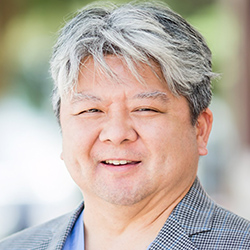





Michael McMullan, MD
Division Head, Congenital Cardiac Surgery; Surgical Director, Cardiac Transplant; Director, Mechanical Cardiac Support and ECLS Services, Co-Director, Heart Center
View Profile



Pamela Valentino, MD, MSc
Medical Director, Liver Transplant Program; Liver and Intestinal Failure Clinical Center Director
View Profile

Let’s Get You Where You Need to Be
Getting Care at Seattle Children’s Kidney Transplant Program
- How the Kidneys Work
- Transplant Center
- Kidney Diseases
- Nephrology
- Kidney Failure
- Contact Us and Locations
- Kidney Organ Donation
- Patient and Family Education
- What to Expect If Your Child Needs a Kidney Transplant
- Statistics and Outcomes
- Before Kidney Transplant
- Paying for a Transplant
- Kidney Transplant Surgery
- Kidney Transplant Research and Clinical Studies
- After Kidney Transplant
- Refer a Patient
Patient Success Stories
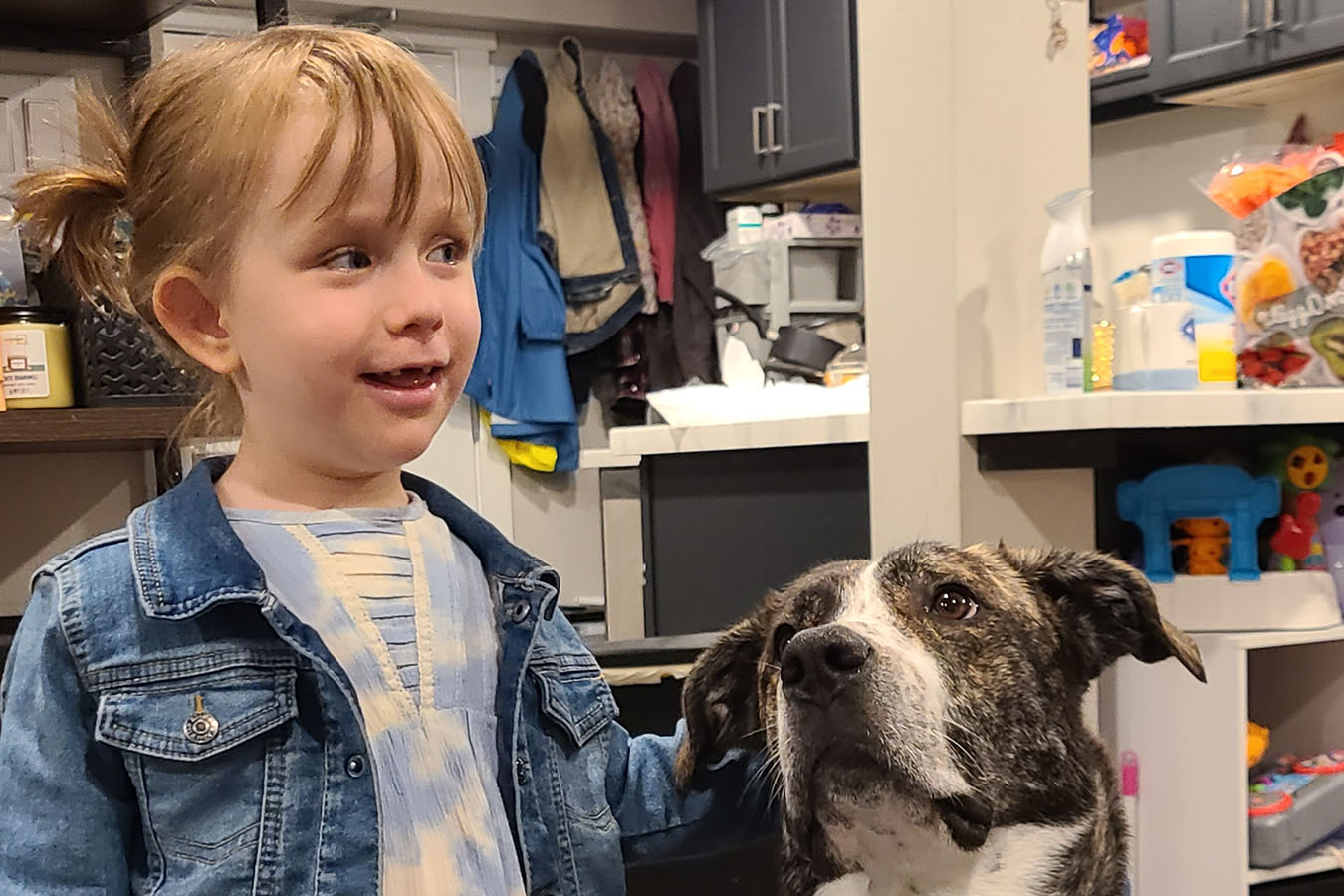
Stella’s Story
While she was on peritoneal dialysis (PD), Stella Allison couldn’t get her PD catheter wet. Now that she’s had a kidney transplant and is off dialysis, she can’t wait to start swim lessons.
“She’s a different kid after transplant … much more interactive, alert and articulate. There’s just a different brightness about her.”
~ Dr. Sangeeta Hingorani, who noticed improvement with each clinic visit after Stella received a new kidney

Raegan's Story
Today, 8-year-old Raegen is thriving thanks to her mother’s kidney donation.
“I wish more people knew about the need for organ donation. It’s not something you want to think about happening to your child, but it’s so important. I gave my daughter life again.”
~ Francisca Allard, whose very first surgery was done to donate a kidney to her daughter
